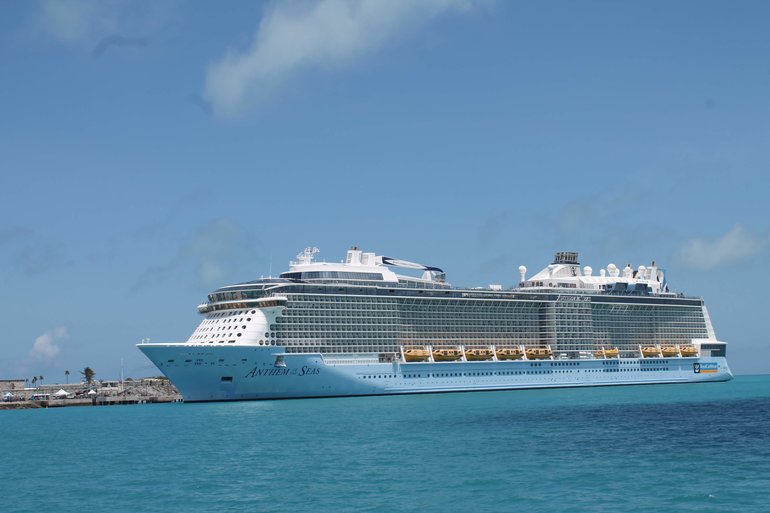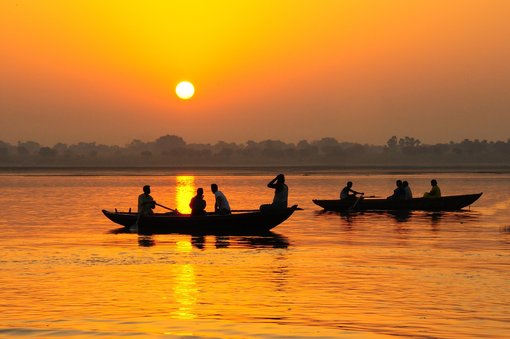
Cruising
Traveling with a disability or a chronic illness is not always easy. I decided to help make it a little bit easier and take some of the worry out of traveling. Here are 10 tips to help make the trip go as smooth as possible.
1. Bring Your Medical History
I know the first thing many of you with a chronic illness is going to say to this…You are nuts!! My history can fit in its own suitcase. So of course, I am not talking about bringing an actual hard copy of your records. Instead, put them on a USB. Nowadays, many doctors have your chart digitized and can be downloaded to your computer. You can also scan what files you have to your computer. Make sure to make them into PDF files so no one can change them on you. Then, download onto a USB and keep it with you. No matter where you go in the world, pretty much everyone has some sort of a computer and can pretty much bring up a pdf. So it doesn’t matter where you travel, if needed you have your records to show a doctor if needed.
2. Pack all medicines
This sounds like a no brainer for anyone on medicines. But I want to clarify. First, take more medicine then you will need. If you are going on a 7 day cruise, bring 10 days. You never know what will happen and you can get stuck somewhere. Make sure you have enough medicine with you for emergencies.
Second, make sure all prescription medicines are in its original bottle. I know some have day planner pill holders and it is ok to use this but also make sure you have the original bottles with you. First, if you have to go through any security check point and have your luggage looked at; they will want to make sure the pills are legit. Second, if for some reason you need an emergency refill, you will have all the information at your fingertips.
3. Keep a list of all medicines and allergies on you
Now you are probably saying, if I have all my meds, why do I need a list? Well, when you are out on an excursion or a tour, you most likely won’t have your medicine on you. If something happens to you, and there is an emergency, you can’t just run back and grab your medicine. Emergency responders need to know what medicines you are on and what you are allergic to. I know many of you might have a medical bracelet or necklace. That is great. But to be safe, keep a list of the medicines, why you use them, and what you are allergic to. Then keep that list in your wallet. First responders will look for your ID and will find this list.
4. Bring all medical supplies
I know when you go on vacation you want to leave your world behind, but sadly that is something people with chronic illness can’t do. So, when packing, make sure you have enough of all of your supplies, and make a list of what you need to bring. If you have an ostomy, make sure you have enough bags, wafers, tape, etc. If you are on oxygen, make sure you have cannula’s . Whatever it is that you use in your everyday life, don’t forget to bring them.
5. Know where all the hospitals are
This one is a little tricky depending on what type of trip you are taking and where you are going. Also, hopefully you will never need them. However, when you have a chronic illness, things happen on a dime and you can suddenly find yourself in an emergency room. Before taking your trip, look at all the places you are going and just find where the hospitals are so you are familiar with the area. If you are doing a cruise, go to the sickbay and introduce yourself. It doesn’t hurt to let them know there is a chance they might see you and make them aware of what your illness is so they can be prepared. Many times on a ship, they will be quick to say your illness is Norovirus even if it isn’t. Prepare them ahead of time so they know you have a real problem.
The flip side to this is if you are going to a foreign country where you don’t speak their language. It can be hard to communicate if you have an emergency. While many places speak English also, it might still be hard. You can always make flashcards with the language of the country you are going to and use them to communicate. Google translate can help also.
6. Arrange dialysis at a local dialysis center.
This one is pretty specific to just people on dialysis. Where ever you are travelling to, go online and look up where there dialysis centers are. Call them to verify they take your insurance and if needed, make an appointment. You can even ask your doctor to assist with this and their office staff can help in reaching out to make things go smoother. Don’t wait until you arrive and find out you need to go to only be turned away because the place is either booked up or closed.
7. Travel Insurance
To me this is a no brainer but many people skip it. A lot of people feel like this is just extra money being spent and no one ever feels like they will miss their trip. However, for those with a chronic illness, every day presents a new challenge. While you want to plan and go on that trip, sometimes at the last minute, our bodies will just say no. If you cancel at the last minute, you might lose all of your money you have spent on airfare and cruise lines and prepaid hotels. With travel insurance, if you do get sick and can’t go on your trip, they will cover you for a reimbursement. It might not be the entire amount spent but it could cover most of it. It can also help if you get sick on your trip. It is always good to have a backup plan and that is what insurance is.
8. Check with your physician
Most people plan a vacation and go. If you have a chronic illness, that isn’t always the case. There are many obstacles to overcome and many of them can be medical. Speak with your physician. Make sure you are physically able, in their opinion, to go on a trip. You should also let your physician know where you are going. For some locations you need to get special shots and vaccines, which can be an issue for some on certain medications. There may also be outbreaks of certain disease in the areas you are going to like measles. People with chronic illness have a lower immune system so if you are going to an area where there is a big outbreak, and you can’t get a vaccine for that outbreak, it would be best to stay away and only a doctor can help you with that diagnosis.
9. Pack snacks you can eat
When we go on a trip, we always forget to plan ahead for food. But, many people have special diets and needs and that can be an issue depending where you are going. If you are on a plane for 8 hours and are gluten and dairy free, the plane might not have anything for you to eat. If you are on a road trip in rural Middle America, finding something within your diet might not be easy. Plan ahead and bring some prepackaged snacks. Why prepackaged? If you are going into a foreign country, you cannot bring fresh foods into it. You are only allowed pre packaged foods. So, be safe, stock up on your favorite snack and enjoy while everyone else is trying to figure out what they are eating.
10. Hydrate, hydrate, hydrate
This one I can’t stress enough. Most people don’t drink enough water as it is. When travelling we tend to drink even less. If you are flying, the air in the plane is dry and will dehydrate you. If you are travelling to a tropical area, it can be hot and you might sweat a lot. Drink plenty of water. Carry a refillable water bottle with you. No matter where you are or are going, make sure to drink plenty of water. I know people with stomas tend to dehydrate even faster. Don’t risk getting sick on your trip because of this simple solution. Drink, drink, drink.




